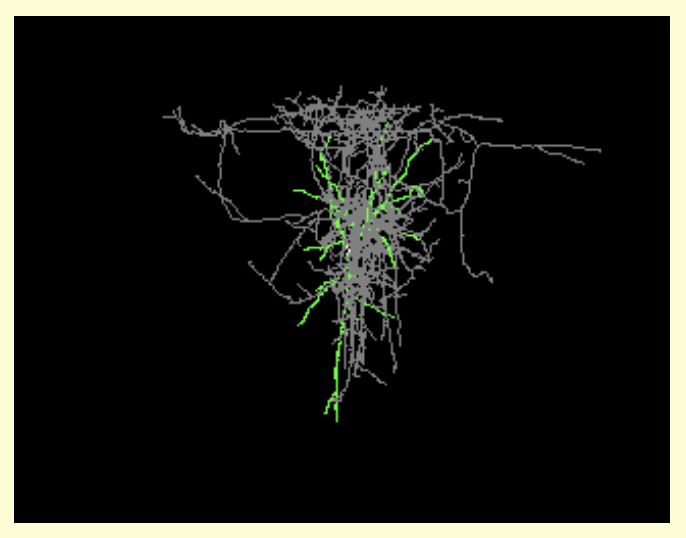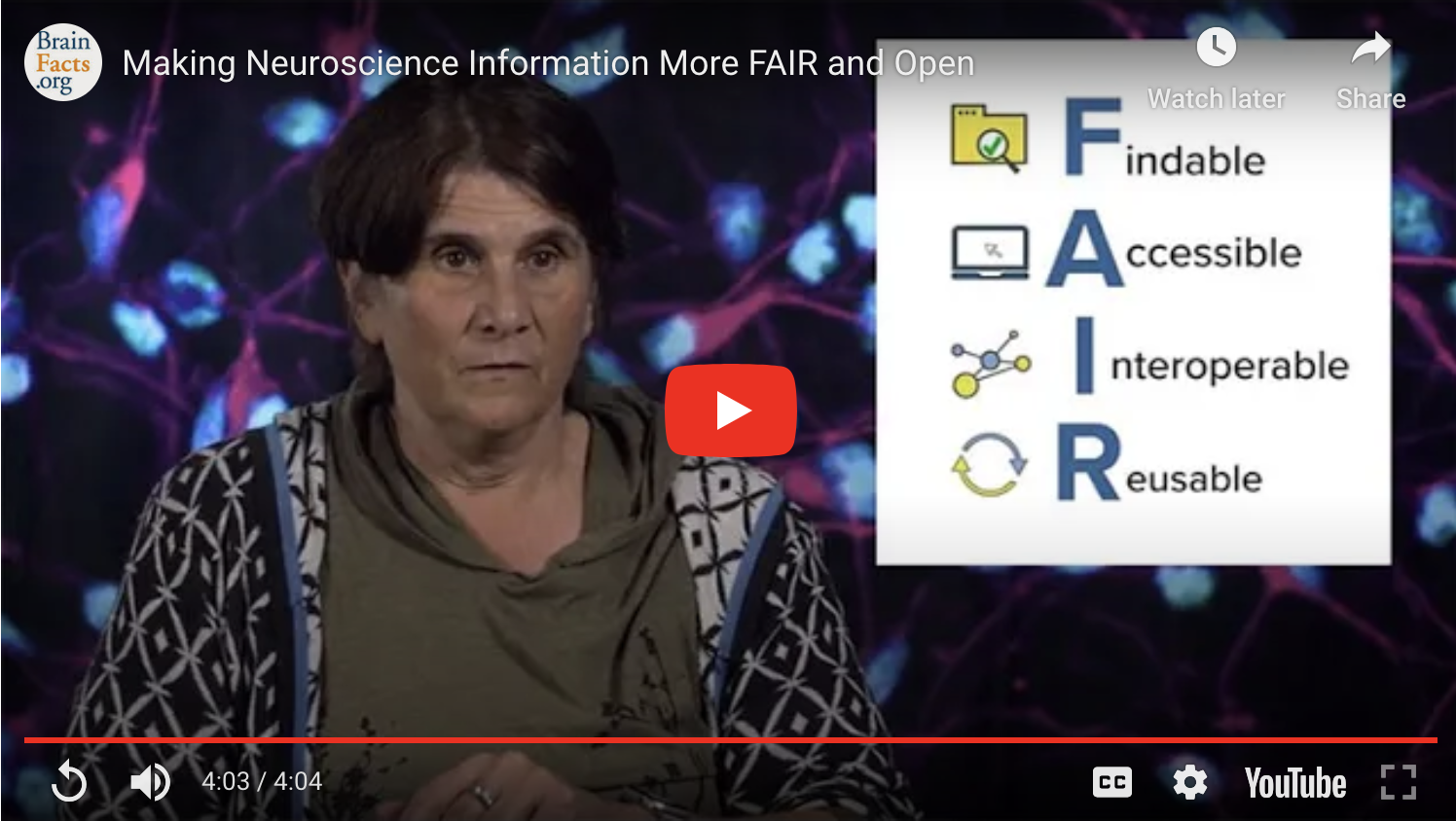OGDHL ameliorates cognitive impairment and Alzheimer's disease-like pathology via activating Wnt/β-catenin signaling in Alzheimer's disease mice.
Alzheimer's disease (AD) is one of the most common neurodegenerative diseases related to several types of pathophysiological signs, including β-amyloid (Aβ) plaque accumulation, neuroinflammation, and neurofibrillary tangles. Similar to one of the three subunits of α-ketoglutarate dehydrogenase complex (KGDHC), oxoglutarate dehydrogenase-like (OGDHL) appears to be downregulated in triple-transgenic Alzheimer's (3 × Tg-AD) mice. KGDHC activity is specifically reduced in the brains of people with AD. However, the underlying mechanism of OGDHL in the cause of AD is still unknown. Herein, we confirmed the low expression of OGDHL in the brain of 3 × Tg-AD based on real-time quantitative PCR, Western blot, and immunohistochemistry. We also found that the upregulation of OGDHL can reduce the memory deficits of 3 × Tg-AD mice, thereby reminding its nervous system neuroprotective effect in AD. Next, we confirmed that the increase in OGDHL could reduce neuroinflammation, amyloid plaque load, and tau phosphorylation in 3 × Tg-AD mice. Additionally, we showed that the overexpression of OGDHL could activate Wnt/β-catenin signaling based on the expression of Wnt7B in vitro. Taken together, the results show that the rise of OGDHL reasonably improves the cognitive functions according to the activation of the Wnt/β-catenin signaling pathway. Therefore, this enzyme may be a potential strategy for AD treatment.
Research resources used in this publication
Additional research tools detected in this publication
Antibodies used in this publication
- Goat Anti-Mouse IgG H&L (Alexa Fluor® 488) (RRID:AB_2576208)
- Iba1 antibody (RRID:AB_2224402)
- Biotin (azide-free) anti-beta-Amyloid, 1-42 (RRID:AB_2564688)
- GAPDH antibody (RRID:AB_2107436)
- WNT7A/B antibody (RRID:AB_2215625)
- Phospho-beta-Catenin (Ser33/37/Thr41) Antibody (RRID:AB_331729)
- Non-phospho (Active) β-Catenin (Ser33/37/Thr41) (D13A1) Rabbit mAb (RRID:AB_11127203)
- Rabbit Anti-Tau, phospho (Ser356) Polyclonal Antibody, Unconjugated (RRID:AB_1310736)
- Tau (phospho S396) antibody [EPR2731] (RRID:AB_10860822)
- Mouse Anti-Bovine Tau Monoclonal Antibody,, Clone Tau46 (RRID:AB_477595)
- OGDHL antibody (RRID:AB_2156767)
Associated grants
NonePublication data is provided by the National Library of Medicine ® and PubMed ®. Data is retrieved from PubMed ® on a weekly schedule. For terms and conditions see the National Library of Medicine Terms and Conditions.
This is a list of tools and resources that we have found mentioned in this publication.
Jackson Laboratory (tool)
RRID:SCR_004633
An independent, nonprofit organization focused on mammalian genetics research to advance human health. Their mission is to discover the genetic basis for preventing, treating, and curing human disease, and to enable research for the global biomedical community. Jackson Laboratory breeds and manages colonies of mice as resources for other research institutions and laboratories, along with providing software and techniques. Jackson Lab also conducts genetic research and provides educational material for various educational levels.
View all literature mentionsB6129SF2/J (tool)
RRID:IMSR_JAX:101045
Mus musculus with name B6129SF2/J from IMSR.
View all literature mentionsGoat Anti-Mouse IgG H&L (Alexa Fluor® 488) (antibody)
RRID:AB_2576208
This polyclonal targets IgG H&L
View all literature mentionsBiotin (azide-free) anti-beta-Amyloid, 1-42 (antibody)
RRID:AB_2564688
This monoclonal targets beta-Amyloid 1-42
View all literature mentionsGAPDH antibody (antibody)
RRID:AB_2107436
This monoclonal targets GAPDH
View all literature mentionsWNT7A/B antibody (antibody)
RRID:AB_2215625
This polyclonal targets WNT7A/B
View all literature mentionsPhospho-beta-Catenin (Ser33/37/Thr41) Antibody (antibody)
RRID:AB_331729
This polyclonal targets Phospho-beta-Catenin (Ser33/37/Thr41)
View all literature mentionsNon-phospho (Active) β-Catenin (Ser33/37/Thr41) (D13A1) Rabbit mAb (antibody)
RRID:AB_11127203
This unknown targets Non-phospho (Active) β-Catenin (Ser33/37/Thr41) (D13A1) Rabbit mAb
View all literature mentionsRabbit Anti-Tau, phospho (Ser356) Polyclonal Antibody, Unconjugated (antibody)
RRID:AB_1310736
This polyclonal targets Tau (phospho S356)
View all literature mentionsTau (phospho S396) antibody [EPR2731] (antibody)
RRID:AB_10860822
This monoclonal targets Tau (phospho S396) antibody [EPR2731]
View all literature mentionsMouse Anti-Bovine Tau Monoclonal Antibody,, Clone Tau46 (antibody)
RRID:AB_477595
This monoclonal targets Tau
View all literature mentionsOGDHL antibody (antibody)
RRID:AB_2156767
This polyclonal targets OGDHL
View all literature mentions




